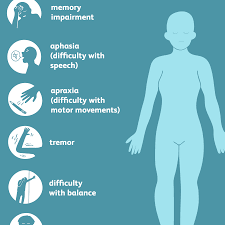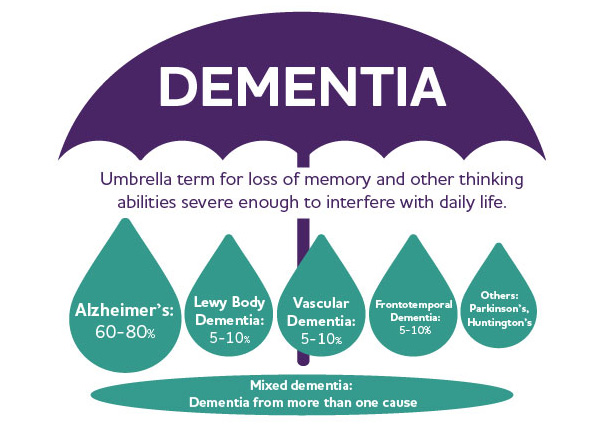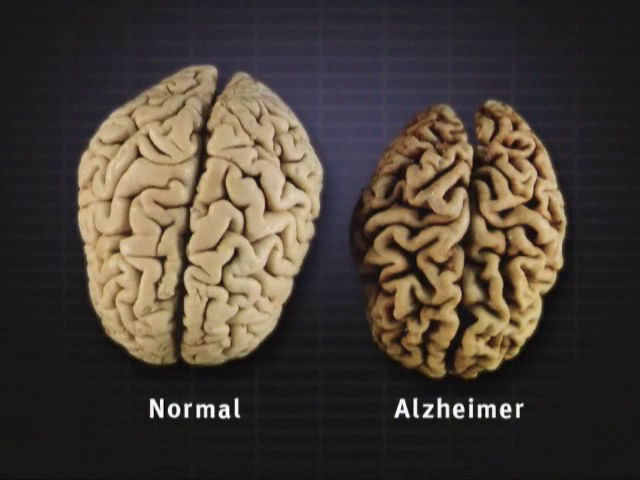Neurology
- Harsimran Brar
- Apr 9, 2022
- 1 min read
Alzheimer's vs. Dementia
Alzheimer's and dementia are both fatal neurological disorders that can have long-term consequences for you and others around you. To better grasp the impacts of these ailments, let us first define what they both mean and what effects they have on our brain. Alzheimer's is a specific progressive disease of the brain that slowly causes impairment in memory and cognitive function. The exact cause is of Alzheimer’s unknown, and no cure is available. Although, there have been experiments done with animals like mice to further understand and recover long-term memory. Brain cells die, and connections between brain cells may break down in individuals with Alzheimer's disease. The brain shrinks significantly in severe Alzheimer's disease. It is currently impossible to accurately diagnose Alzheimer's disease while a person is still living; diagnosis can only be confirmed when the brain is studied under a microscope during an autopsy. Specialists, on the other hand, can make the proper diagnosis up to 90% of the time. Dementia, on the other hand, is a collection of symptoms rather than a disease. Dementia is a broad term that refers to behavioral changes and the loss of mental ability. Alzheimer's disease is the most well-known and prevalent type of dementia. Dementia has been classified in a variety of ways by scientists. Several of them are:
Lewy body dementia (LBD) (a disease associated with abnormal deposits of a protein called alpha-synuclein in the brain)
Cortical dementia (affects the neurons of the brain’s outer layer (cortex).)
Subcortical dementia (affects parts of the brain below the cortex)













Comments